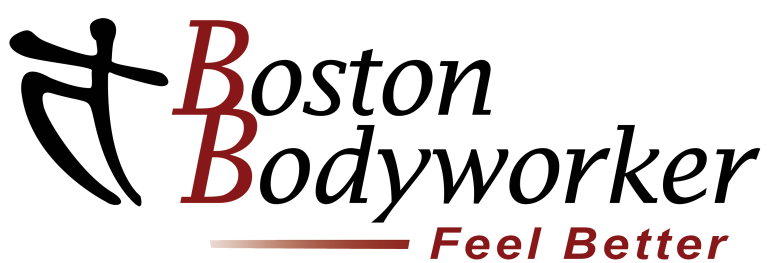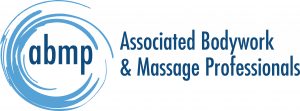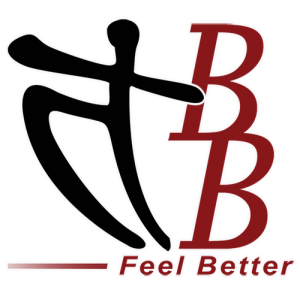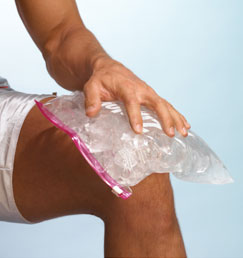What is Qi?
What is Qi?
A fundamental concept of traditional Chinese medicine (TCM) dating back over 3,000 years, qi (pronounced “chee”) is the Chinese word for energy, which also carries with it connotations of “air,” “breath,” and “life force.”
In TCM, it is understood that everything from humans and animals to rocks and trees is filled with qi. This energy facilitates function, communication, and connection and is the uniting force of the universe, as well as the animating life force in all objects.
Qi in the Body
Qi flows through the body via the 14 meridian channels, which run either up or down throughout the body along specific pathways. These pathways deliver energy to organs, structures, and systems in a constant pattern, and when qi is flowing along these meridians a person is said to be in balance.
Illness, injury, stress, and other trauma can cause blockages along these meridians, thus impairing or stopping the flow of qi and resulting in energy congestion. Several TCM techniques are designed to clear these blockages and restore balance and flow to the body’s energy.
Working with Qi
Along each meridian are points, known as acupoints or pressure points, where these energy blockages are likely to occur. Significant acupoints are also known as trigger points, and these are often starting points for therapists working to clear congested qi.
An important principle of qi is that clearing blockages at certain trigger points will help restore flow and thus impact parts of the body that are connected along the various meridians. For example, this could mean that working on someone’s foot might benefit an internal organ like the liver. This concept further illustrates that qi in the body is one balanced system in which one imbalance can affect several body parts and even alter emotional states.
Cultivating Qi
Every person is born with a certain amount of qi, and through our lives we increase it and refill it through breathing, eating, and moving. One specific practice of movement to increase and balance qi is known as qigong, a system of hands-on and hands-off techniques that incorporate timed breathing, gentle movement, meditation, visualization, and more to build and balance qi. This practice can be undertaken with a qigong practitioner or on one’s own once schooled in the movements and techniques.
Another movement practice intended to increase and balance the body’s energy is t’ai chi, which uses relaxed breathing and rhythmic movements to relax the body and refresh the mind. T’ai chi is not strenuous and can be practiced by people of any age.
The Cycle of Qi
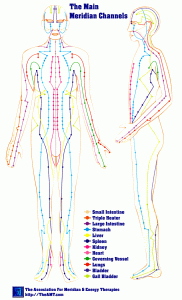 A TCM practitioner focusing on qi often asks more questions of a client during the intake process than a Western-styled massage therapist. One reason for this is that balancing qi is more than just correcting physical blockages; it is about understanding what may have caused those blockages in the first place and correcting that root cause.
A TCM practitioner focusing on qi often asks more questions of a client during the intake process than a Western-styled massage therapist. One reason for this is that balancing qi is more than just correcting physical blockages; it is about understanding what may have caused those blockages in the first place and correcting that root cause.
Qi is also linked to elements and seasons in a cyclical way that can become disrupted.
Specific disharmonies or blockages can relate to specific phases, and knowing more about you can allow the practitioner to better assess and understand how best to help rebalance your qi.
Understanding Qi
For many people familiar with the Western medical tradition, qi is a difficult concept to grasp. Talking with a qigong practitioner or participating in a t’ai chi session are a few ways to gain exposure to the movements and the attitudes surrounding qi, but for some it may take experiencing energy work to actually come to a better understanding. If nothing else, sitting quietly and focusing on your body can help you appreciate the ancient idea that we are filled with qi running throughout our bodies.
Randy Burgess, a practitioner trained in acupressure and tui na, uses the following analogy of a boat in the water: “The wind reaches the sail, the sail expands and applies pressure to the mast, and the pressure to the mast moves the boat through the water. The wind isn’t qi, the sail isn’t qi, the mast isn’t, the boat isn’t, the water isn’t. The qi is where the wind meets the sail, where the sail applies pressure to the mast, where the mast applies pressure to the boat, where the boat slips through the water. If there are holes in the sail, you’re going to have qi deficiency; if the mast is weak and moves, it will move the boat forward, but there is deficiency; if there are barnacles on the hull of the boat, it’s not going to slip through the water efficiently, and there is deficiency.”
Ready to #feelbetter?
You're just a click away from a wicked good massage!
-
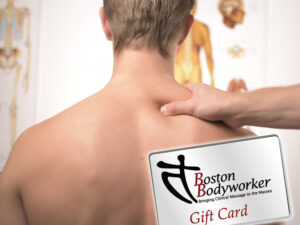
60 Minute Massage Gift Card
$170.00 Add to cart -

90 Minute Massage Gift Card
$255.00 Add to cart -
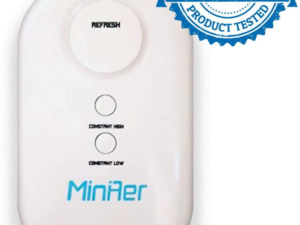
Mini Aer Small Room Air Purifier
$149.00 Add to cart -
Sale!

Thera-Pearl Sports Pack/Hot Cold
Original price was: $14.99.$12.99Current price is: $12.99. Add to cart -

3 Somadome Sessions Gift Card
$135.00 Add to cart -
Sale!
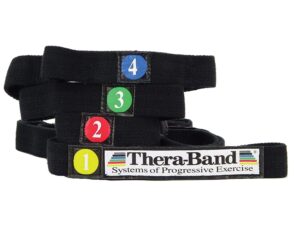
TheraBand® Stretch Strap
Original price was: $19.99.$14.99Current price is: $14.99. Add to cart -

20 Minute Somadome Gift Card
$45.00 Add to cart -
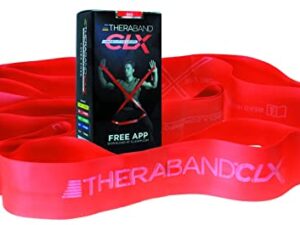
TheraBand CLX Connective Loop
$14.99 Select options
May Flowers-Life Hack
April Showers Bring 5 Flower Hacks What do you get when you combine soda, vodka, apple cider vinegar, hair spray & bleach? Some incredible ways to preserve your flowers this season. Sure, April showers bring May flowers, but mother nature went a tad over board with it this April. So how well are you prepared…
Read More#FeelBetterBoston Recap
#FeelBetterBoston Recap The inaugural #FeelBetterBoston Massage & Community Wellness event over Marathon weekend left people with a smile on their face and genuine appreciation for all that was provided. We knew this being the first time we held such an event that we would be competing with the likes of the infamous BAA Expo and other…
Read MoreHow Do You Roll??
How Do You Roll?? Are Foam Rolling Advocates Stretching the Truth? Foam rolling is one of the most common means of self-care for so many people. It has been thought to provide many benefits such as enhanced performance, improved flexibility and speed, pain reduction and muscle recovery. Often it is referred to as a self-massage technique,…
Read MoreOn the Mend
On the Mend As we quickly approach the holy grail of running events, the Boston Marathon, we start to see a rise in our battered and beaten road warriors. Overuse conditions from months of increased training, acute injuries from falls on slippery roads and chronic aches and pains, all result in the patient surrendering to…
Read MoreLife Hack: Watch the SB LIII on TV, but LISTEN on the Radio
Life Hack: Watch the SB LIII on TV, but LISTEN on the Radio So, our beloved Pats are back in the big game again. I’m not going to relay stats and numbers that drive home the dynasty known as the New England Patriots. We are all aware of them. However, if you want to enjoy…
Read MoreCortisone Injections: Yay or Ney?
Cortisone Injections: Yay or Ney? As massage therapists, we often see patients who have been struggling to find an answer for a particular pain problem. Some of these cases are acute (sudden onset) where others may be chronic (reoccurring over a long period of time). It is not uncommon to have a patient ask us…
Read MoreChiropractic Care at The Boston Bodyworker
Chiropractic Care at The Boston Bodyworker We are excited to announce the arrival of Dr. Jean Kelly of Momentum Healthcare to our office. Dr. Kelly has been practicing in our building for the past 10 years and has been a friend to The Boston Bodyworker for almost 20 years. We are honored to have her…
Read MoreSpine Health: Don’t Ignore It!
Spine Health: Don’t Ignore It! The new year always provides us with the feeling of having a clean slate. Let’s face it, most of us don’t take very good care of our spines. 2019 can be the year that your resolutions come true. This lack of care can lead to physical discomfort and make us…
Read MoreLife Hack: Drink Tea
Life Hack: Drink Tea With the rainiest and most dreary Fall in recent time behind us and winter now in full swing, the need for us to provide optimal care for ourselves is high. Despite American’s love affair with coffee, tea is really the more versatile of the beverages. Most of us reach for a…
Read MoreLife Hack: Forward Head Posture
Life Hack: Forward Head Posture How many times in the course of a day do you roll your shoulders and neck around to alleviate “the spot” in between your shoulder blades. There are several reasons for the discomfort you are experiencing, but one way to resolve this is to do what is known as a…
Read More